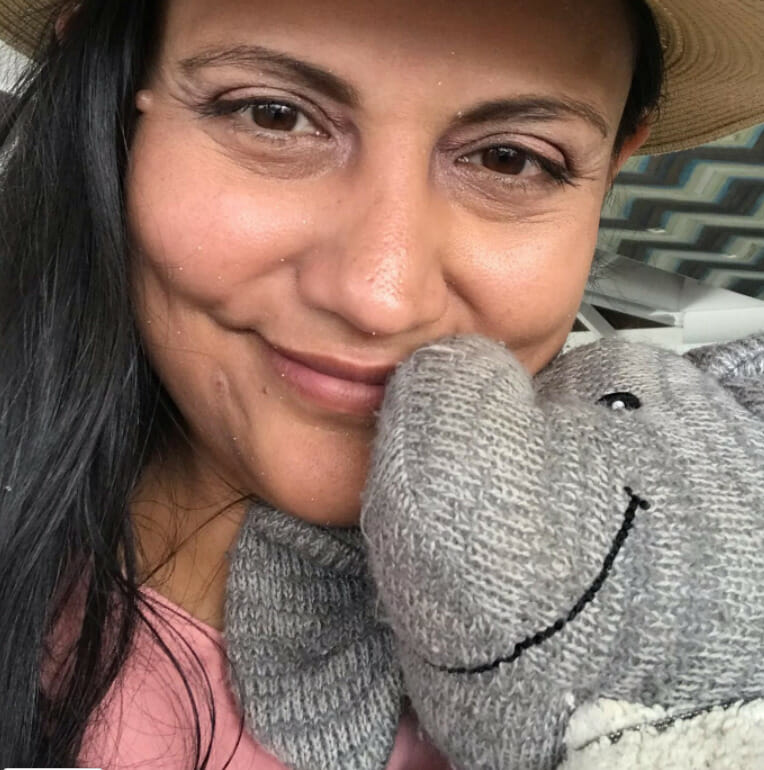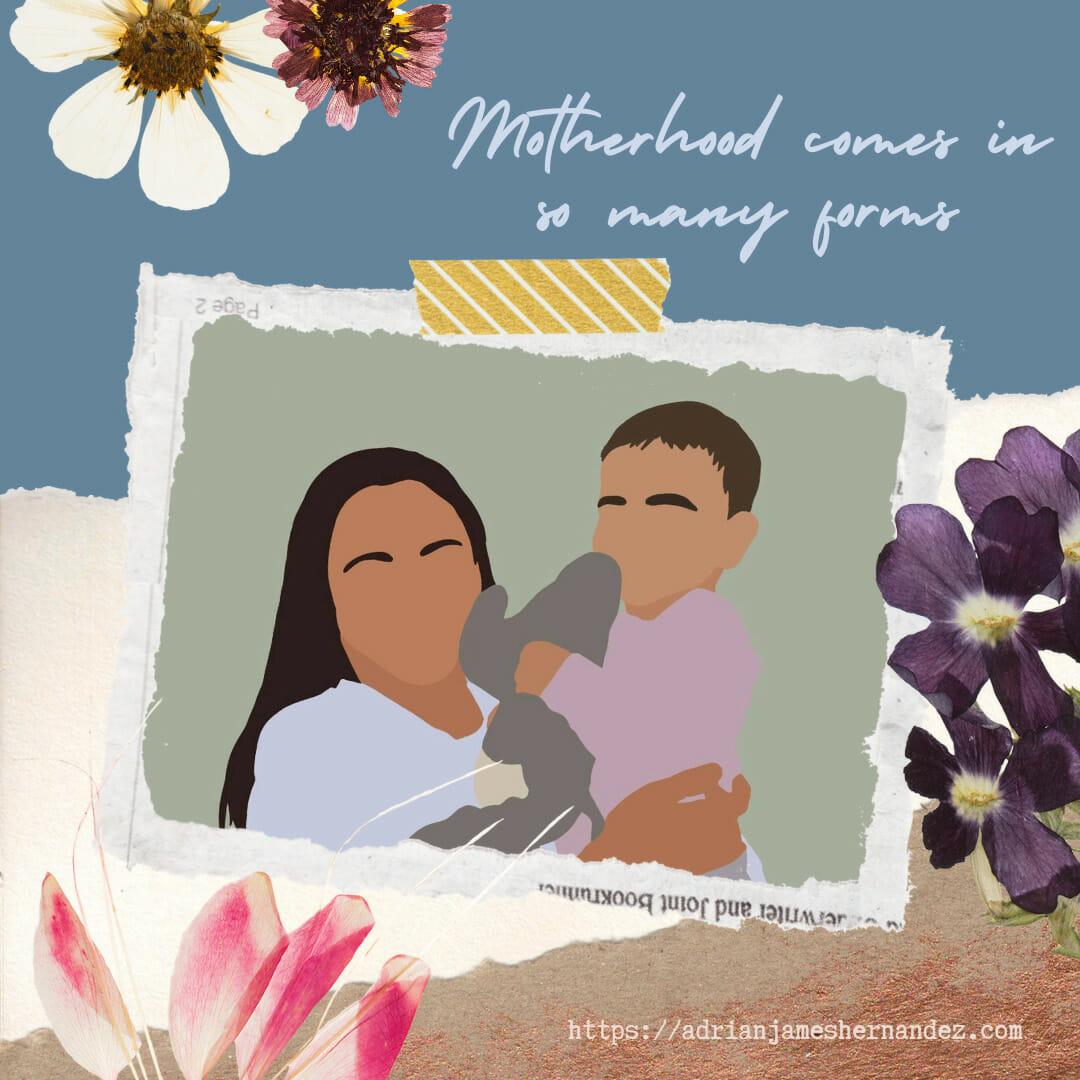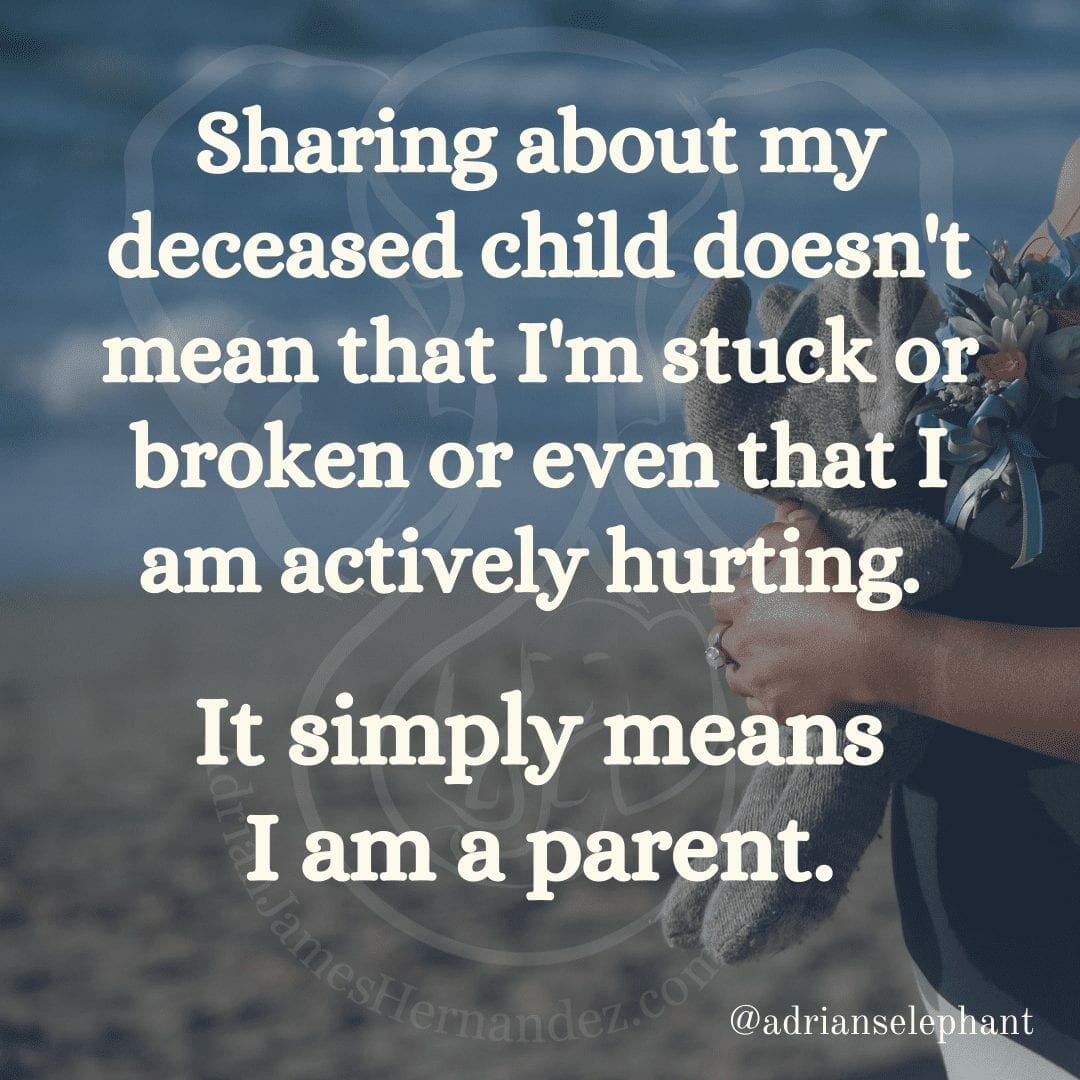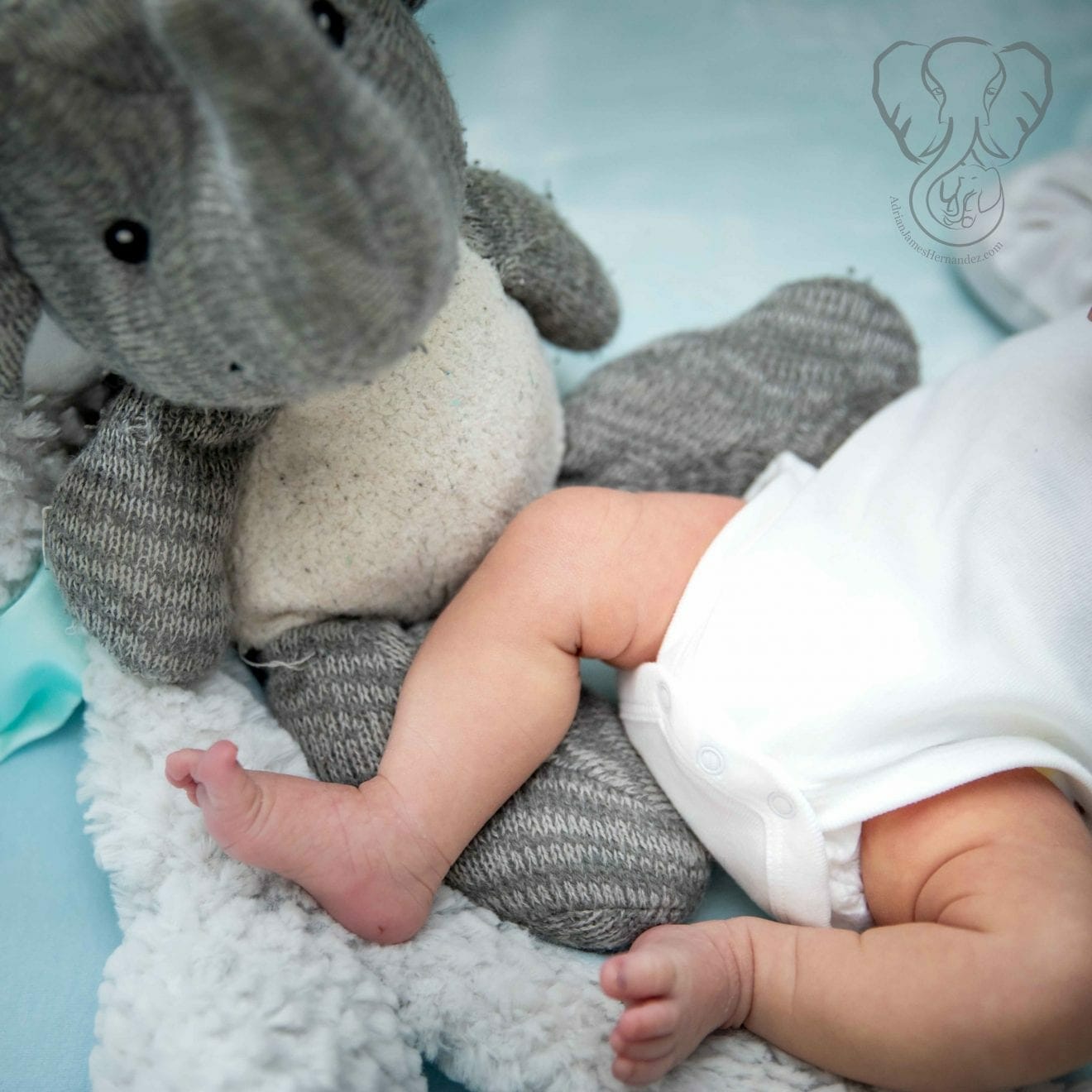I grew up as a pseudo-rainbow baby. I don’t think they used the term back then, but both of my parents had separately lost children before me, both of them boys*. When I was growing up, this wasn’t something we talked about. I don’t think I was really aware of either one of them until I was in my teens. Their loss was still an influence in my life.
At first it was subtle. Most of my early childhood memories are happy–beach trips and birthday parties, and visiting newborn puppies to pick the family dog. I think for the most part my parents wanted to be good to us. Most parents do. But when you’ve experienced loss in your life, and especially when you haven’t processed it, you may unknowingly put expectations on your surviving or subsequent children.
My mother told me later in life she was happiest when her children were babies. I wonder now if this stems back to her loss? It seems almost easy for outsiders to tell a loss parent that the best cure for grief is to have another child, as if children, in their infancy, are interchangeable. I wonder if, in the days of my childhood, this was more internalized amongst parents? Things were definitely handled differently in that generation. In any case, I can almost understand how it could be easy to love a new baby, and maybe for a time “forget” about the one who is gone.
Something else that may happen after loss is an unfortunate idealization; an idea that the child who was lost would have been perfect. I think this makes it harder when subsequent children prove challenging. There is a temptation to think, “if he was still here, things would be different.”
This may have been exacerbated because I was a “willful” child. I think that’s the term used when a child has a strong personality. I liked to explore and “get into” things. I liked to build and climb and make messes. I have a feeling I was actually a lot like my mother. I wonder if these things were triggering for her? My older sister was mostly quiet and obedient. I think I always wanted to be, but I was also just a kid.
I also wonder now how my mother pictured her lost child? Was he perfect in her memory? Was he obedient like my sister? Was he messy like me, or was that okay because he was a boy? Did she compare us often? Did she wish I was more like my brother-in-her-memory? Was this why she decided she needed to control me?
In my teenage years, things grew difficult. My mother kept tight rein on me. But not on the things that mattered — she didn’t care about schoolwork or achievements. Getting myself up alone each morning, I was often late, but that wasn’t her concern. She mainly wanted to know where I was each day. Who I was spending time with. If I was “wasting” my time on things she thought useless, even if they were important to me. I wasn’t allowed to have hobbies, unless they were free. I wasn’t allowed to have dreams that gave me freedom to think.
I still don’t know, today, how much of this was just internal to her as a person, and how much was influenced by who she wanted me to be after the loss of her son. I do know that when my younger brother came, things again changed.
If I was willful, my brother was wild; a dirt-devil of energy rolling through the day. And while my sister and I were punished for any minor infraction, my brother was cherished, only and always.
Looking back from an adult perspective, this was all pretty normal. My brother was an averagely active child. But he also “got away” with things my sister and I couldn’t believe.
When I was younger, I used to think this was because my parents were tired. With 10 years between myself and my brother, they were both much older than before. But today, knowing what I now know, I have to wonder if at least some of it wasn’t because he was a boy? Not because of gender stereotypes or anything of that nature, but because he represented a second chance; a type of “rainbow”.
My parents never talked to us about their losses, and I blame their generations. (Publicly) holding onto grief was something that wasn’t done. And so this grief was whispered, held tightly under cover, impacts erased before they could be explored. But these erasers only took away the surface.
My sister and I grew up under expectations. We were Expected to be obedient. We were expected to be bad. We were treated with control. We were treated with indifference. We grew up as our own people, and somehow that was wrong.
My brother also grew up with Expectations, and sometimes I can’t tell if his were heavier than ours. Because with all he “got away” with, he also took on more–more hand-holding, more anger, more infantilizing, more control. And I honestly don’t know if being more loved makes any of it better.
My brother is an adult now, and I wonder if my parents realize it. They still treat him like a 12 year old, like property they own. They try to make decisions for him, convinced he isn’t ready yet. I think he would surprise them, but they’d have to let him go. I don’t think they realize how much they’d have to let go.
And this is what I fear in grief, in trying to replace things. Because children are real people, even those gone when they’re young. And we can’t idealize them, and we can’t fill their empty places. And we can’t expect those who come after to be anything but human–real; individual; unique; flawed.
I was a pseudo-rainbow baby. I was a disappointment.
~
[sta_anchor id=”footnote” unsan=”Footnote” /]* One of those losses was not due to death. That doesn’t make it any less impactful.







































































































































































